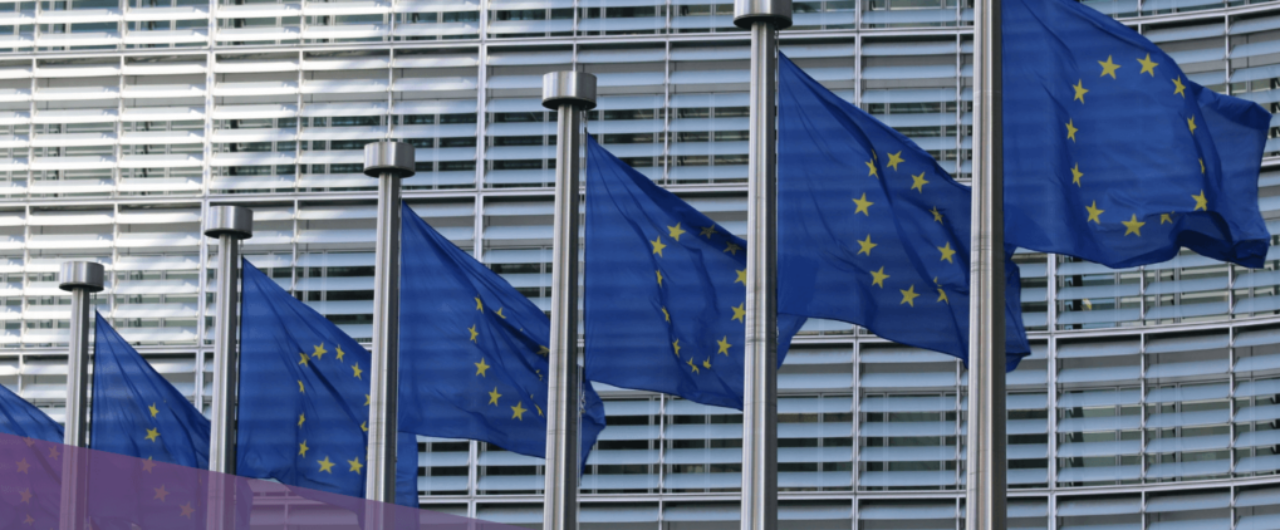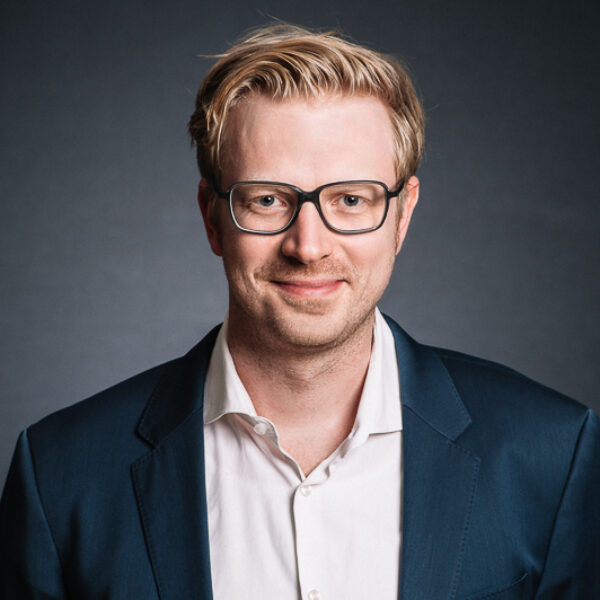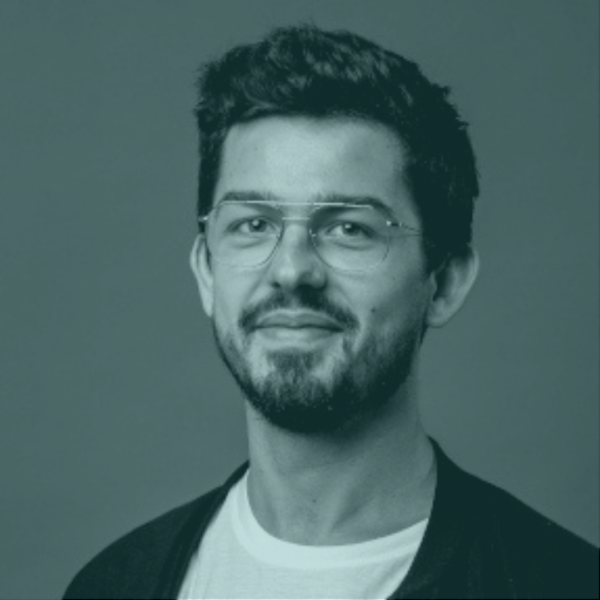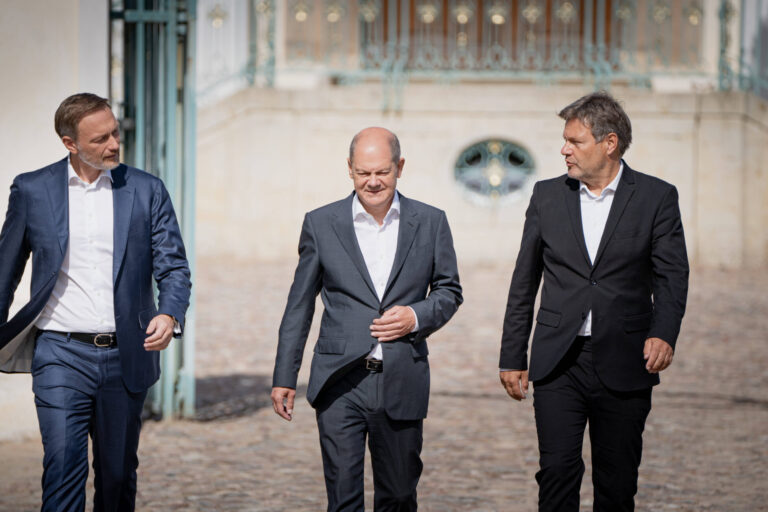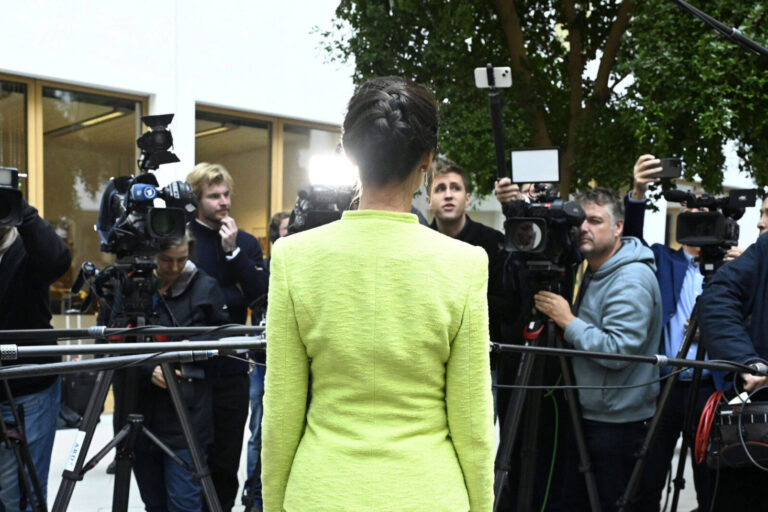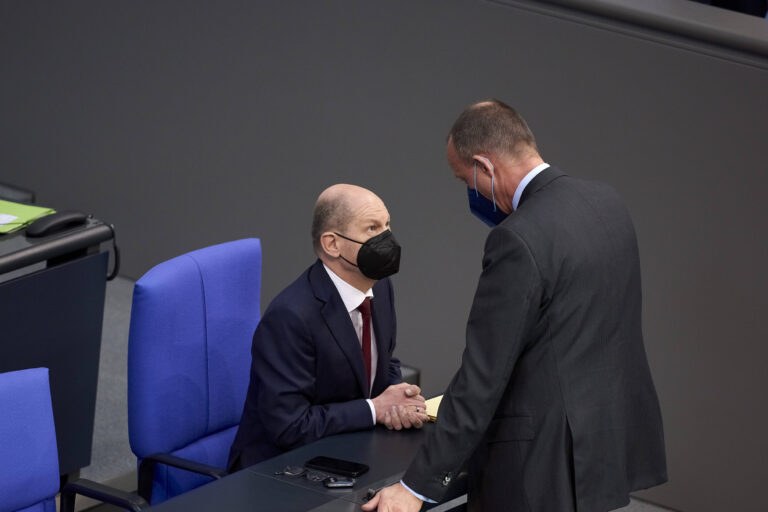On 23 and 24 September 2016, the European Reformists Summit entitled „Rebuilding Trust“ took place in Lyon. The event, being composed of an introductory roundtable, three workshops and a closing session, was organised by a European network of think tanks, consisting of Das Progressive Zentrum (Germany), Les Gracques (France), Institut Montaigne (France), Astrid (Italy) as well as Policy Network (UK).
During the summit, European and transatlantic progressive and reformist leaders discussed current challenges. Attendants were international key decision makers, mayors of major cities, representatives of unions and civil society, renowned researchers and business leaders. The closing speech was delivered by Emmanuel Macron (former French Minister of Economy and President of “En Marche”), who elaborated on the future of Europe in the face of upcoming challenges. Other high-ranked participants were Enrico Letta (former Prime Minister of Italy) and Roger Liddle (Political Advisor and Chairman, Policy Network). The event was hosted by Gérard Collomb (Mayor of Lyon).
The role of metropolises
Opening with a roundtable on Friday evening, the Reformists Summit started with a focus on the role of metropolises in our current societies. Underlining one of the most pressing issues of our time, Bruce Katz (Vice-President, Brookings Institution) provided a very insightful speech on the responsibility of cities in regard to the integration of migrants. His study on “Cities and Refugees – The German Experience” can be downloaded here.
Open societies
The issue of migration was also present during the first workshop, which was organised by Das Progressive Zentrum and dealt with “open societies”: The participants discussed in particular questions of Europe’s secular identity and the challenges of migration. Hanno Burmester (Policy Fellow, Das Progressive Zentrum) argued that migration should be seen as a chance to develop a new, more positive discourse on Europe: While Europeans themselves often highlight the improvements that should be made in regard to the EU, the region attracts people from all over the world:
Who wants to know what characterises the European identity should ask those who make a dangerous journey to live here. He or she will hear words such as tolerance, freedom and opportunity. Our continent, which is struggling with self-esteem at the moment, has every reason to be proud of the last decades’ common achievements.
He concluded that “we as progressives need to heavily counteract the linear narrative of closing down borders”.
Furthermore, Pascal Blanchard (Historian, CNRS/National Center for Scientific Research) elaborated on the fact that migration has to be understood as a continuum of human history. Nevertheless, the issue has been neglected by politicians for decades – this failure’s consequences become obvious today. Blanchard’s historical perspective underlined that identities are always changing and that a complete assimilation – as called for by some politicians – is therefore neither realistic nor desirable.
Emma Reynolds (MP, British Labour Party) who was invited by our partner organisation Policy Network chose the recent Brexit referendum as introduction of her speech, emphasising that despite her being against leaving the EU, she respects the British voters’ decision. As a people’s representative, Reynolds offered an inspiring perspective on the thoughts and fears of the average voter.
Open economics
The second workshop provided deeper insights on “open economics”. Gathering together with several economists such as Carlotta de Franceschi (President, Action Institute), Élie Cohen engaged in the discussion by emphasising the need for more inclusive economic policies and mentioning a recent IMF report that also supported inclusiveness as basic principle – which stands in sharp contrast to the Washington Consensus and its claim for austerity policies.
Open politics
After having discussed challenges created by global economic developments, the last workshop focused on the challenges from within Europe such as growing populist movements: How can representative democracy reinvent itself in the age of digital activism and populism?
Alexander Schweitzer (Chair of the SPD Parliamentary Group, State Parliament of Rhineland-Palatinate) stated that despite of the current crises, “we would not be progressives if we take refuge in fatalistic pessimism in the face of difficult situations.” Nevertheless, he also highlighted the need for a renewal of political representation by progressives in the face of disappointed citizens: “We have to consider their anger. And we have to acknowledge that this anger shows us that everything is not just fine.” According to Schweitzer,
“participation does not only mean joining the public dialogue or voting in democratic elections, but also equal access to wealth and a fair chance of upward social mobility.”
Leonard Novy (Director, Institute for Media and Communication Policy) added in his contribution that
“social justice and a degree of social cohesion are not an appendix of growth, a ‘nice to have’. From a progressive viewpoint they are – more than ever – the precondition of prosperity, of our capacity as societies to adapt to changing circumstances, to innovate and reform.”
Nevertheless, progressives still fail to communicate their message in an effective way, according to Novy.
Call for stronger cooperation
After two days of debate, a panel presented feedbacks on the workshops to the public and media. Moreover, the participants from the European think tanks that were involved provided an insight into their perspective. Dominic Schwickert (Director, Das Progressive Zentrum) emphasised the fact that in the face of growing populist forces in Europe, progressives have to collaborate and cooperate more than ever to avoid them gaining the upper hand:
“The disintegrative camps knows how to mobilise by heating up fears within the population with populist simplifications, sometimes even lies. Those are people who are completely against everything we stand for. There is obviously no guarantee that our society becomes always more liberal and more inclusive. That’s why it is our historical obligation to fight those cultural and political roll-back tendencies as determinedly as possible.”
Emmanuel Macron’s vision of Europe
One of the speakers at the Summit’s closing event was Sylvie Goulard (MEP, European Parliament). The final speech was delivered by Emmanuel Macron (former French Minister for Economy and Industry), who closed the event in an inspiring keynote speech presenting ideas on how to reform Europe to make it more liveable for its citizens:
“We have mixed up souverainism and nationalism. I would say: the real souverainists are the pro-Europeans. (…) Acting together means regaining our sovereignty. Acting together means reaffirming our European identity.”
The conference was a highly informative event aiming to propose original solutions for the economic, social as well as environmental matters ahead and should be followed by further efforts to strengthen the pan-European cooperation of progressive forces.
A video of the event’s closing session can be found here, for Emmanuel Macron’s speech please click here.

